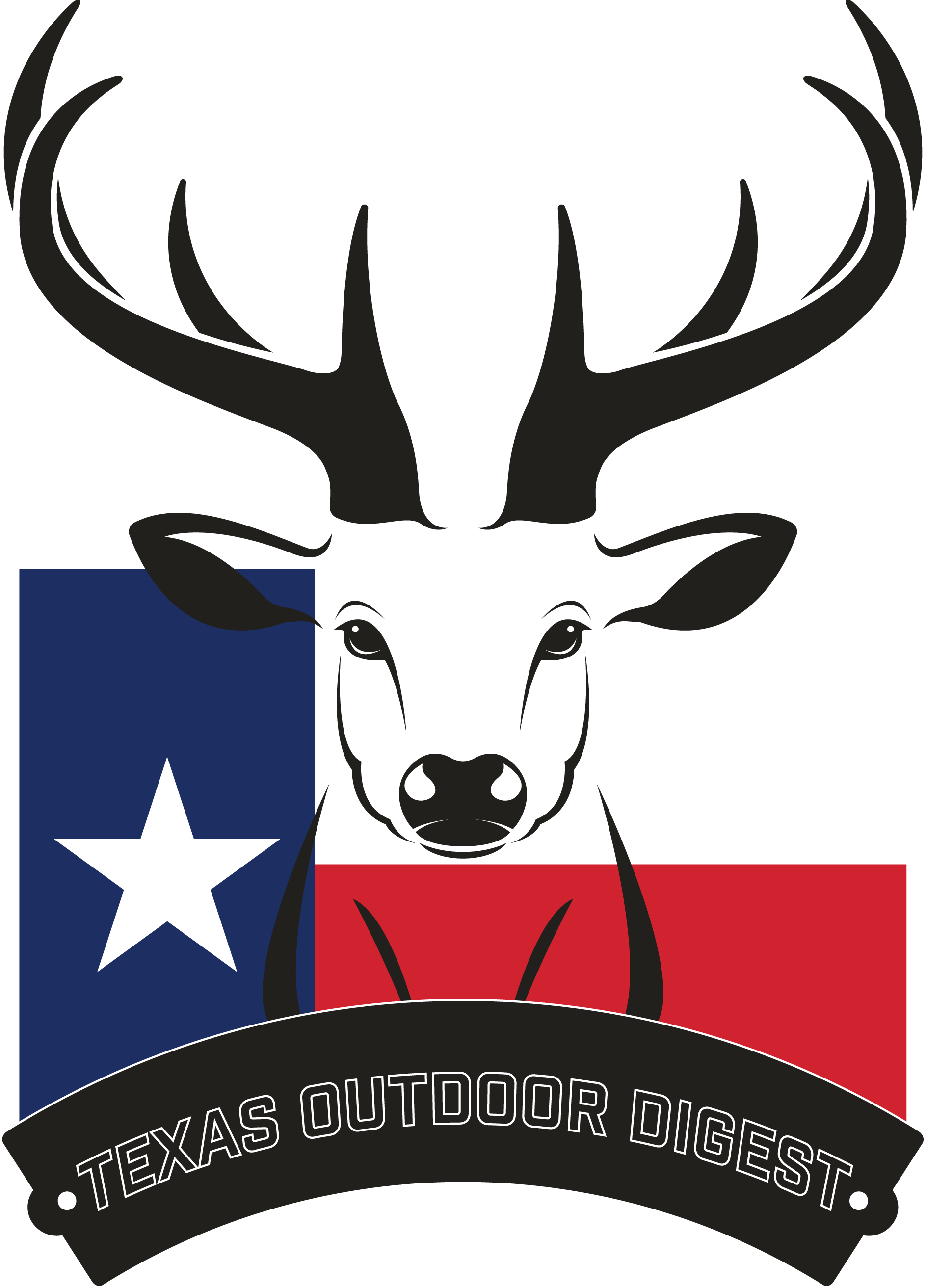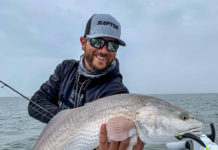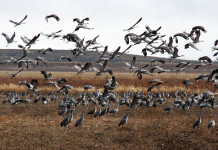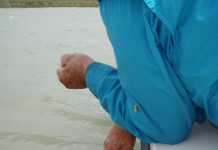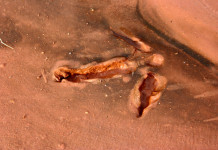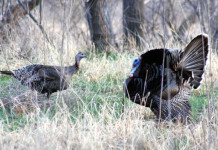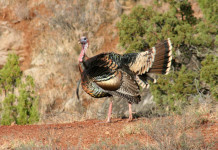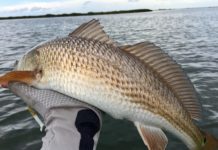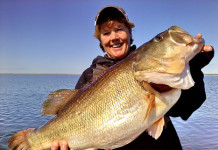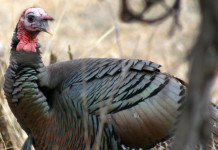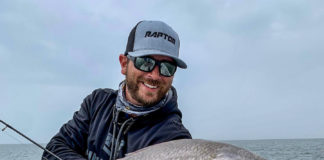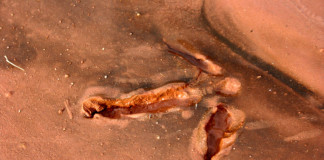A number of notable sportfishing groups have partnered to hold an innovative series of workshops across Gulf of Mexico states to identify opportunities to restore and enhance recreational fishing through recovery efforts associated with the Deepwater Horizon oil spill.
The Gulf Recreational Fishing Restoration Workshops are a product of the Theodore Roosevelt Conservation Partnership‘s collaboration with the American Sportfishing Association, Center for Coastal Conservation and Coastal Conservation Association, along with charter fishermen, marina owners, state and federal fisheries managers and recreational anglers.
The workshops will take place in all five Gulf states, beginning May 1 in St. Petersburg, Fla. The others are set for May 15 in Gulf Shores, Ala.; May 16 in Gulfport, Miss.; May 20 in Houston; and May 21 in New Orleans.
Participants will hear from state and federal agencies working on the RESTORE Act Council and the Natural Resources Damage Assessment process before developing a short list of state-specific and Gulf-wide projects. Each project will help repair and improve fisheries habitat; enhance and improve monitoring, data collection, research and management of Gulf fish stocks; increase angler confidence and access to the resource; and build resiliency in businesses and infrastructure that support recreational fishing.
Each state in the Gulf was affected differently by the spill, so the workshops will not take a “one-size-fits-all” approach, said Ken Haddad, retired head of the Florida Fish and Wildlife Conservation Commission and member of the ASA Government Affairs Committee, in a news release.
“We know the needs of each state are going to differ, which is why we are going to the fishermen, retailers and managers in each of the five states to ask them what they need,” Haddad said in the release. “At the same time, we know there are projects that can address deficiencies in fisheries habitat and data gathering on a Gulf-wide basis. These workshops will address both, and I am confident we will produce a report that will guide and improve the future of recreational fishing in this crucial region of our country.”
The recommendations gathered during the workshops will be used by the TRCP to develop a report to be issued this summer. It follows and enhances the broad ideas for sportfishing recovery in the Gulf discussed in the 2011 report “Gulf Spill Recreational Fishing Response Group: Recommendations for Resource Recovery.”
A report recently issued by the ASA reveals that 3.6 million anglers enjoyed recreational saltwater fishing throughout the Gulf in 2011. The report also shows that saltwater sportfishing has more than $10 billion annual impact on the area’s economy.
